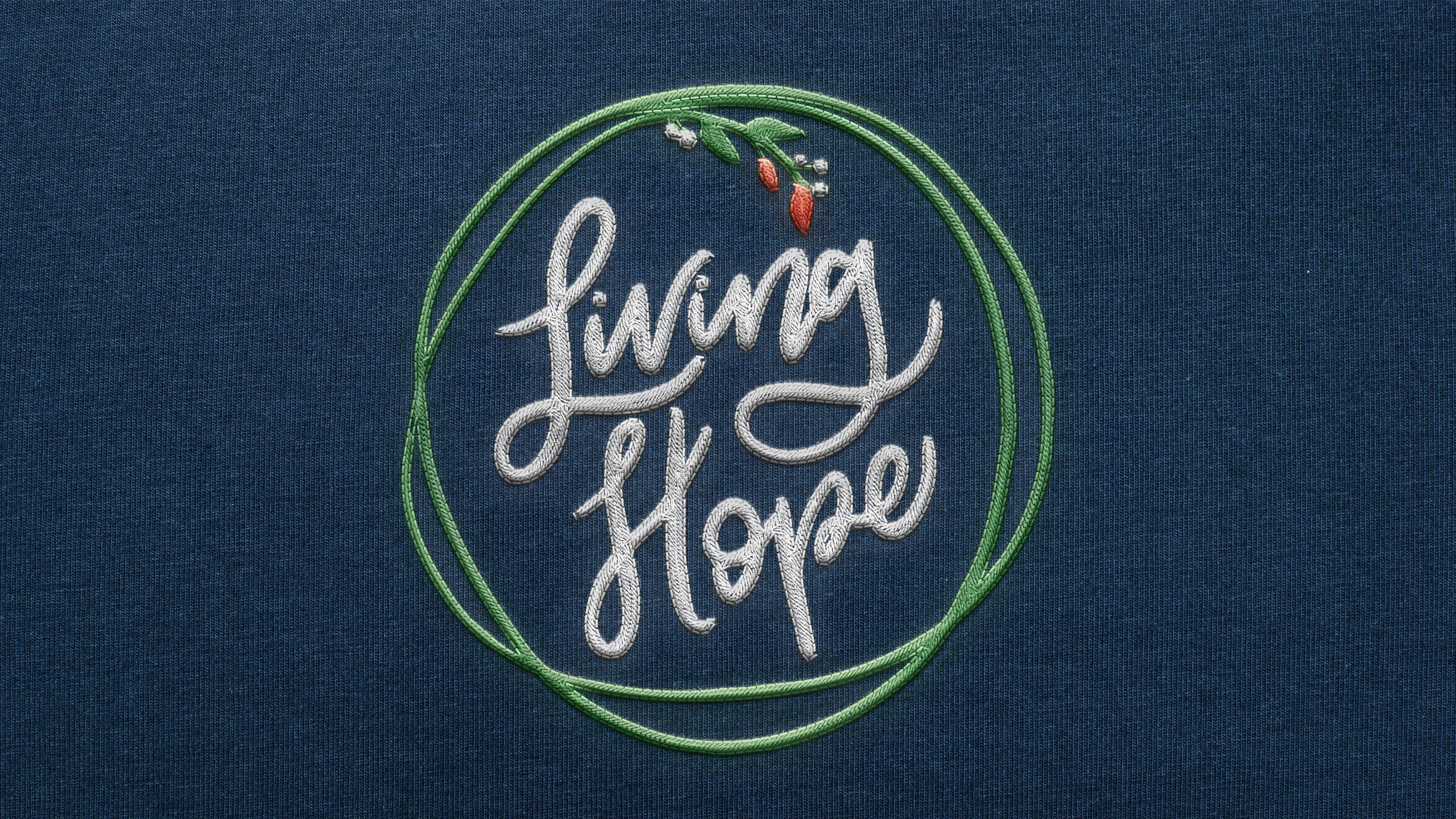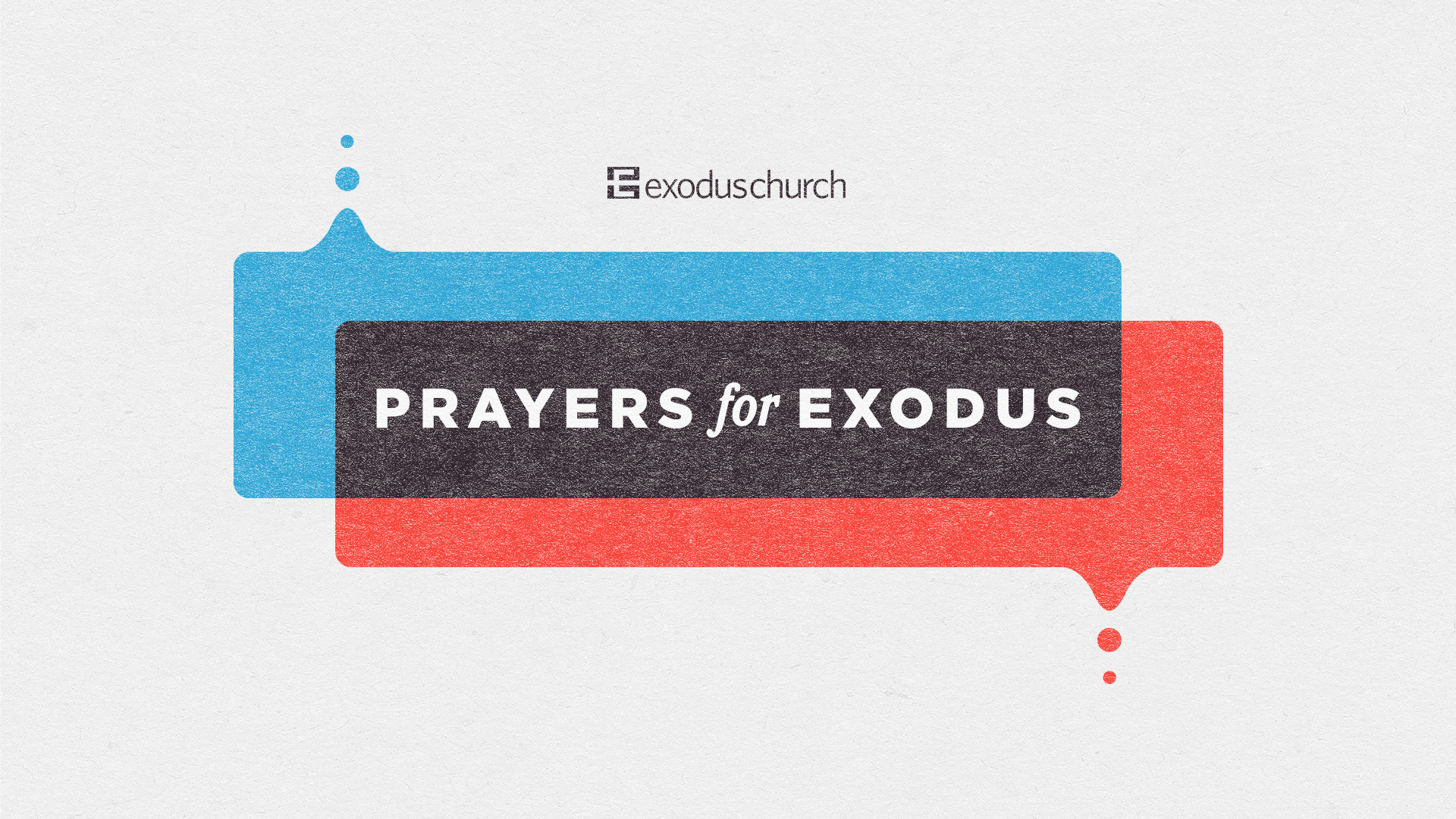written by Alex Kneen
Come Ye Sinners
Come Ye Sinners was written in 1757 by Joseph Hart, a contemporary of Jonathan Edwards. It is easy in contemporary culture to view music solely as a means to express our emotions. This has not always been so. Songs have been used throughout history as tools to teach us great truths of the faith. We are encouraged by Paul in his letter to the Colossians to let God’s word dwell in us richly, and to sing to one another. Sometimes, singing and thinking are difficult, like walking and eating! I am not sure of the benefits of walking and eating, but I do know that engaging my mind as I sing causes God’s word to find deeper roots in my heart.
The hymn Come Ye Sinners is based primarily on Jesus’ invitation in Matthew 11:28-30, “Come to me, all who labor and are heavy laden, and I will give you rest.” The entire song is one of invitation no matter our circumstances, ending in the plea to all of us, whether believer or unbeliever, not to wait (or “tarry”) to come to him. This hymn beautifully reminds us of why we come, and most importantly, to whom we come.
Come, ye sinners, poor and needy,
Weak and wounded, sick and sore;
Jesus ready stands to save you,
Full of pity, love and pow’r.
The first verse is a call to the poor. The truth is, we are poor and needy. All of us. We may have the world’s riches or the world’s strength or the world’s credentials, but we all fall far short of heavenly riches. We fall far short of the strength to meet the righteous commands of the law. Our resume, so to speak, cannot match Jesus’.
Come, ye thirsty, come, and welcome,
God’s free bounty glorify;
True belief and true repentance,
Every grace that brings you nigh.
Come, ye weary, heavy-laden,
Lost and ruined by the fall;
If you tarry till you’re better,
You will never come at all.
In the second verse, we see that he calls the thirsty, those who feel the dryness of death in their souls, who need living water like a continual fountain. In the third verse, we acknowledge that we are weary under the burdens of our sin and the law. Jesus is calling out to the sick, the thirsty, the weak, the lost, the ruined, the wounded. Jesus, once accused of eating with wretched and unclean tax collectors and sinners by those who thought they were righteous, explained that those who are well do not need a physician (Matthew 9:12). He didn’t come to call the righteous, but to call sinners to repentance (Mark 2:17).
Now, the most important thing we can glean from the beautifully expressed, rich theology behind this song is the picture of the one who calls us. Who is he? How will he receive us? We see that he stands eagerly ready to receive sinners. With him is pity, for he knows we are but dust. With him is love, for God is love. With him is power. Why power? To break the strongholds of sin and death that hold us captive! This is reason for rejoicing!
View Him prostrate in the garden;
On the ground your Maker lies;
On the bloody tree behold Him;
Sinner, will this not suffice?
Lo! th’ incarnate God ascended,
Pleads the merit of His blood:
Venture on Him, venture wholly,
Let no other trust intrude.
Verses 4 and 5 poetically paint a glorious picture of our savior. If you doubt his love, as I tend to do sometimes when faced with various trials and temptations and sorrows, the words of this hymn remind us to see the love of God in the death of our savior. How do I know God loves me? Christ died. Not only did he die, but even now his blood pleads for us. So, we must “venture on him, venture wholly” or lean on the merit of his blood completely. We don’t lean with only some of our weight, in fear that we might fall if Christ were to move, but we lean wholly on him, we “venture” or completely take the risk. It is hardly a risk, however, since he will never leave us or forsake us.
Refrain:
I will arise and go to Jesus,
He will embrace me in His arms;
In the arms of my dear Savior,
Oh, there are ten thousand charms.
We sing in the chorus, “he will embrace us” and we will dwell with him, where there are ten thousand charms. Now for most of us, charms are what we wear on bracelets. But charms, by definition, are attractive and beautiful attributes. Christ is infinitely beautiful and worthy of our praise and trust. Like we could gaze upon natural beauty or beauty in art, we could gaze forever on Christ and never find the end of his beauty and worth. With him there is endless delight!
Let not conscience make you linger,
Not of fitness fondly dream;
All the fitness He requireth
Is to feel your need of Him.
The last verse ends with a plea. “Let not conscience make you linger, nor of fitness fondly dream.” In modern language, this means we can’t let a sense of our own unworthiness cause us to wait to answer his invitation. You will never earn, or merit, his free bounty. Only in partaking of his free gift and drinking from the fountain of living water, can you proclaim to the world the great worth of Jesus and his lavish grace. You glorify his “free bounty,” so to speak.
All we need to come to Jesus is our desperate need of him alone.
May the richness of the word of God in this hymn dwell in us as we sing to God and to one another!



